On the morning of August 5th, the Ministry of Education and Training held a conference to implement the decentralization of state management in education under the two-tiered local government system. Permanent Deputy Minister Pham Ngoc Thuong chaired the conference. Attendees included leaders and specialists from units under the Ministry of Education and Training; leaders from 34 Departments of Education and Training; representatives from specialized departments and divisions of the Departments of Education and Training and relevant departments and agencies; leaders of commune-level People's Committees, commune-level education officials, and representatives from preschools, primary and secondary schools, and vocational and continuing education institutions.
The conference was held nationwide in a hybrid format, combining in-person and online participation, with approximately 50,000 attendees, of which about 90% were from the commune level.
Local authorities are promoting a proactive and creative spirit.
Sharing his biggest concern regarding human resources, Mr. Tran The Cuong, Director of the Hanoi Department of Education and Training, said: Hanoi has 212 out of a total of 347 civil servants in the Culture and Social Affairs Department assigned to be in charge of education who have a teaching degree. Among these, there are cases where the professional expertise is in preschool education, but they are responsible for both primary and secondary education, which is very difficult.
Hanoi's experience shows that it has established clusters, each with a basic scope similar to the former districts, to support, address concerns, and implement activities such as organizing competitions, recruiting teachers, and allocating educational- related quotas. Along with this, education officials are seconded from the grassroots level to support communes/wards facing difficulties in professional work; training for education officials at the commune level is intensified. Commune/ward congresses are used to incorporate education and training-related content into their resolutions. Information technology and digital transformation are thoroughly applied, notably in the enrollment process for primary and secondary schools…
According to Mr. Nguyen Van Hieu, Director of the Department of Education and Training of Ho Chi Minh City, the departments and divisions of the Ministry of Education and Training have compiled legal documents related to the decentralization, delegation, and delineation of authority of local governments at two levels in the field of state management of education, helping localities to easily monitor and implement them.
The Ho Chi Minh City Department of Education and Training will organize training for education officials in 168 wards and communes, in preparation for the start of the new school year. The training will focus on reviewing conditions such as facilities, equipment, teaching materials, teachers, and educational administrators. Despite numerous challenges, Mr. Nguyen Van Hieu stated that the Department of Education and Training has effectively coordinated with wards, communes, towns, and special wards and communes to ensure the best possible preparation for the 2025-2026 school year.
While acknowledging the many advantages in managing education with the local government at both levels, Mr. Huynh Viet Trung, Chairman of the People's Committee of Hoa Son Ward (Dak Lak), also mentioned the difficulties arising from the overwhelming workload, the insufficient number of staff, and the lack of expertise in education.
Faced with these difficulties, Hoa Son ward's solution was to establish three specialized teams (preschool, primary, and secondary), each consisting of 3-4 people, comprising specialists from the Department of Culture and Social Affairs and educational institution administrators. These teams are tasked with advising and replacing the former specialists from the Department of Education and Training.
Mr. Huynh Viet Trung also shared some wishes and suggestions to perform his duties more effectively; these included the issue of interconnecting industry document and data systems; and solutions to overcome the shortage of teachers in particularly difficult areas and ethnic minority regions…
Thanking the Ministry of Education and Training for organizing such a practical and timely conference, which meets the needs of educational management at the grassroots level, Mr. Nguyen Minh Chau, Chairman of the People's Committee of Tan Giang Ward (Cao Bang), informed: Tan Giang Ward has 12 educational institutions, including all levels from preschool to junior high school, with a scale of 124 classes and 3,541 students. The schools are unevenly distributed, with many combined school and classroom locations situated 10 to 15 km away from the ward center.
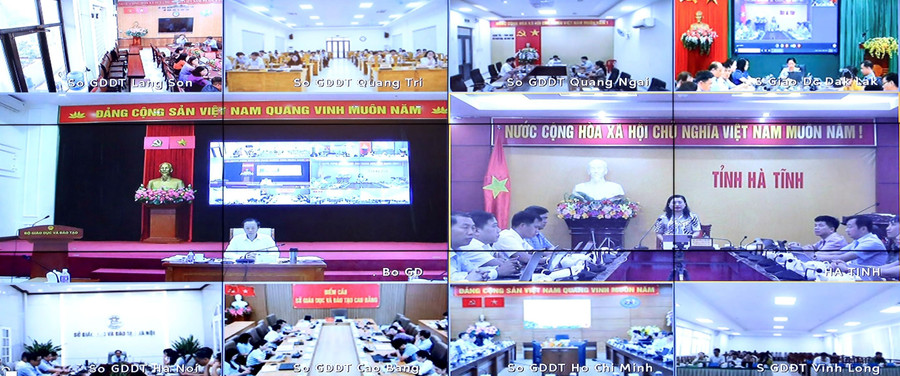
Regarding the prominent advantages and disadvantages in education management when implementing the new government model, Mr. Nguyen Minh Chau said that the commune and ward governments are located right in the area, so they can best understand the specific circumstances, needs, and desires of the people, parents, and students. Along with saving on personnel and streamlining the apparatus by reducing the number of Education and Training Departments, this increases the autonomy and flexibility of the commune level. When the commune level is given direct management authority, it will be more proactive in developing local education development plans; more proactive in managing and using facilities, planning upgrades, construction, repairs, and purchasing equipment…
"With direct management at the commune level, I believe there will be closer oversight of the organization of teaching and learning according to the new curriculum in schools; the provision of facilities and teachers to meet the requirements of the new curriculum will be met more promptly; and thus the curriculum will be implemented more effectively in practice at the grassroots level," Mr. Nguyen Minh Chau commented.
Regarding difficulties, the Chairman of the Tan Giang Ward People's Committee mentioned that only 36 out of 135 commune-level officials have pedagogical qualifications. Commune-level leaders mainly have experience in administrative management, with very few having expertise in educational management. Meanwhile, educational management has its own unique characteristics, requiring knowledge of the curriculum, teaching methods, student psychology, teacher management, and many other specialized aspects, not simply administrative management…
Sharing the progress made, Mr. Nguyen Minh Chau informed that Tan Giang Ward had met with several key teachers, sought opinions from education experts in the area to gather information; and also organized a working session with the core teaching staff of 12 schools in the area and directly visited some schools to assess their facilities.
"We are also conducting initial research and surveys to move towards piloting a flexible boarding school model in the area, in line with the central government's direction during this period," Mr. Nguyen Minh Chau added.
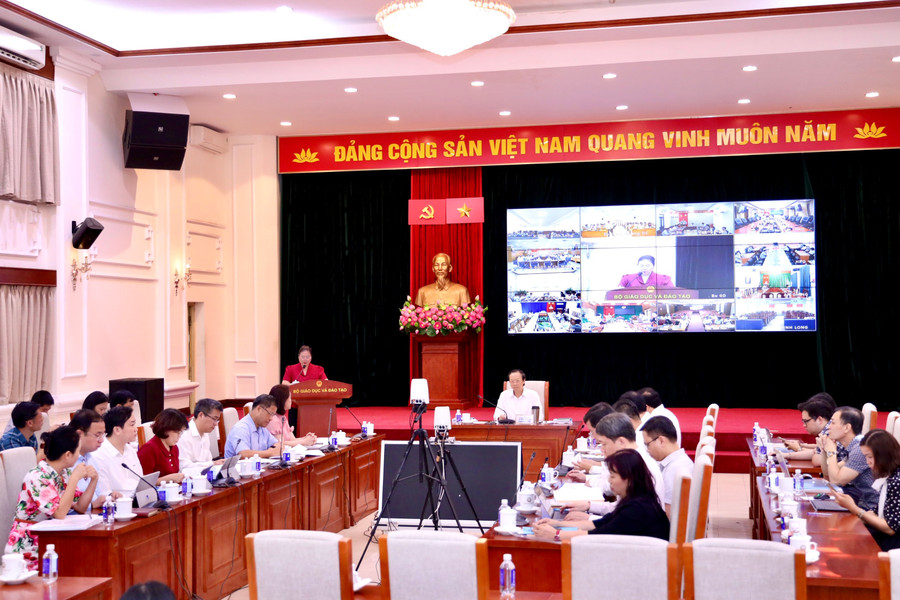
Thoroughly implement the "four no's" in the organization and execution.
In his concluding remarks at the conference, the Deputy Minister acknowledged and thanked the Departments of Education and Training, the People's Committees at the commune level, the commune-level education officials, and the management staff of educational institutions for their sense of responsibility and concern, with over 50,000 people participating at various locations.
According to the Deputy Minister, not only at this conference but in all regular interactions between the Ministry of Education and Training and provinces/cities, and between the Ministry of Education and Training and the Departments of Education and Training and communes, the general spirit is to listen, understand, share, work together to resolve issues, and build together. If management at all levels does not listen, share, understand, work together to resolve issues, and build together, then the tasks at the commune level will be full of challenges.
The Deputy Minister also highlighted the "four proactive approaches" that have been successfully implemented in the past period, namely: proactively and promptly grasping the situation; proactively providing training and guidance; proactively resolving difficulties; and proactively implementing tasks according to assigned responsibilities and duties.
Looking ahead, the Deputy Minister emphasized the need to study the system of documents, especially those digitized by the Ministry of Education and Training and sent to localities; then to organize implementation and begin work; and to compile difficulties and obstacles, promptly reporting them to competent authorities. Only by doing will the difficulties and obstacles be fully understood, and from there, solutions can be found.
In the implementation process, the principle of "four no's" must be thoroughly understood: no gaps in management content; no overlapping management content; unclear management content; and unclear management methods.
The Deputy Minister emphasized "management methods" and argued that there must be innovation in governance thinking, leadership methods, and management; for example, through the application of information technology and digitalization. In particular, leaders at the commune level need to do a good job of planning and appointing principals and vice-principals for units under their responsibility; ensuring that these are individuals with competence, a sense of responsibility, and practical experience.
In his speech, the Deputy Minister also reiterated the spirit of the "six clear points" that have been emphasized by the Party and State leaders, namely: clear person, clear task, clear responsibility, clear authority, clear time, and clear product. The Deputy Minister also discussed and answered several issues raised and proposed by localities at the conference.
At the conference, representatives from the Department of General Education, the Department of Legal Affairs, the Department of Teachers and Educational Management Staff, the Department of Preschool Education, the Department of Vocational Education and Continuing Education, and the Department of Planning and Finance provided guidance on the implementation of state management of education at the two-tiered local government level within their respective areas of responsibility. They also offered suggestions, recommendations, and advice to help the Departments of Education and Training and the Culture and Social Affairs Offices under the People's Committees at the commune level effectively implement state management of education at the two-tiered local government level.
Source: https://giaoducthoidai.vn/4-khong-trong-quan-ly-giao-duc-khi-thuc-hien-chinh-quyen-dia-phuong-2-cap-post742851.html






![[Photo] Two flights successfully landed and took off at Long Thanh Airport.](/_next/image?url=https%3A%2F%2Fvphoto.vietnam.vn%2Fthumb%2F1200x675%2Fvietnam%2Fresource%2FIMAGE%2F2025%2F12%2F15%2F1765808718882_ndo_br_img-8897-resize-5807-jpg.webp&w=3840&q=75)

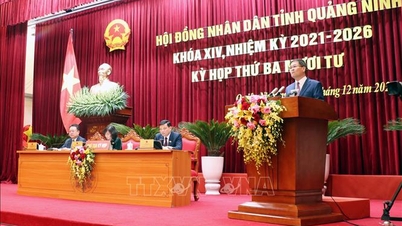

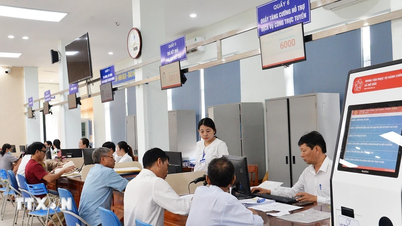

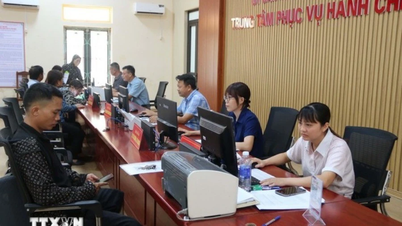
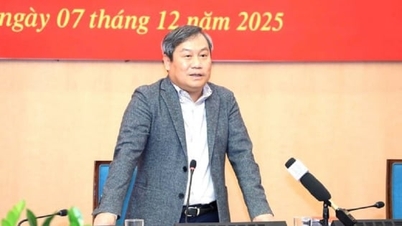


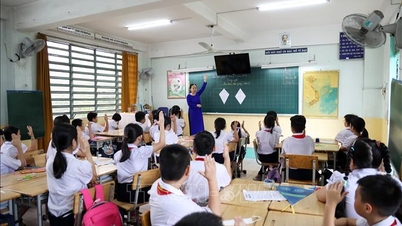
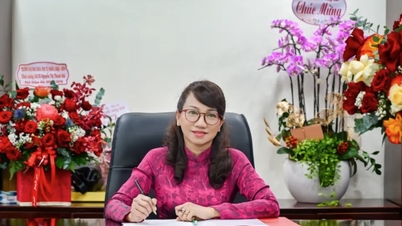

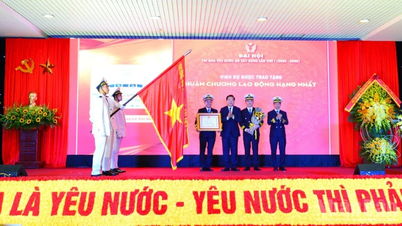

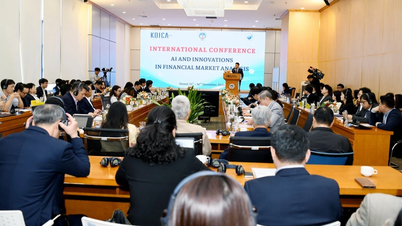









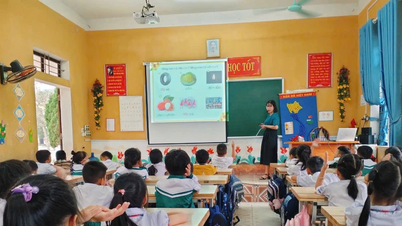
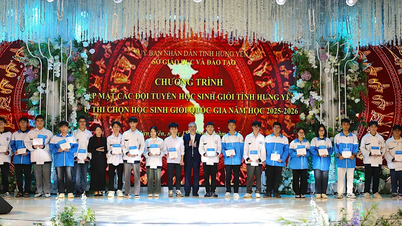
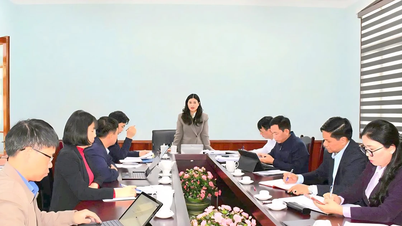

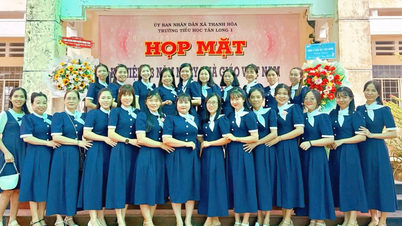

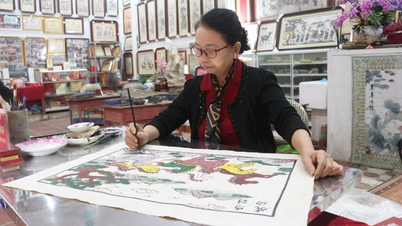

















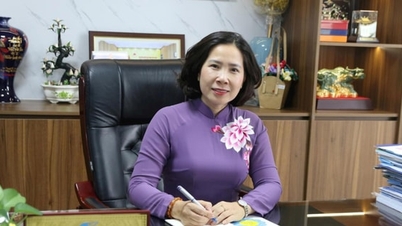



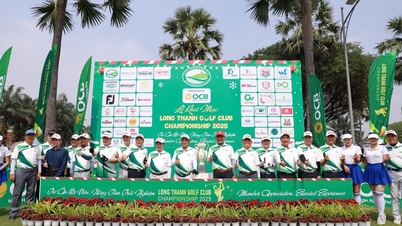























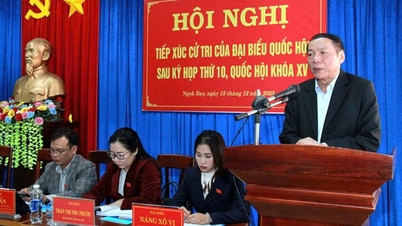



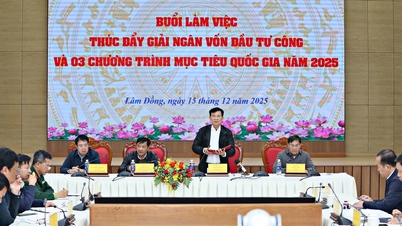

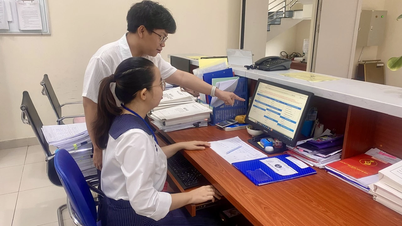




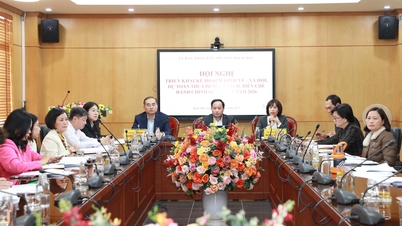













Comment (0)